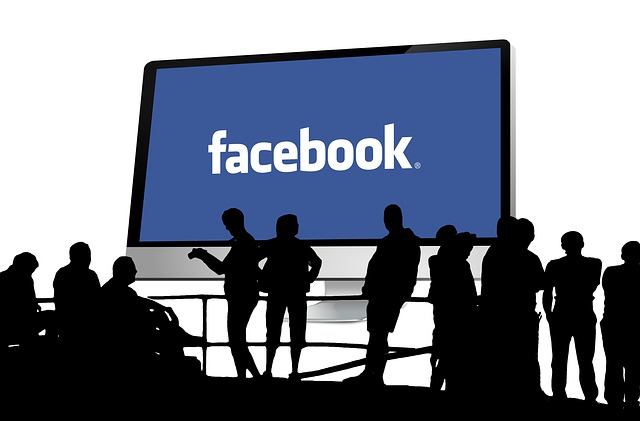In 2012, Facebook Inc (NASDAQ:FB) conducted their Initial Public Offering (IPO) by a conventional offering method. Facebook considered conducting the IPO using an auction method, but decided against it. Ten years back, Google Inc (NASDAQ:GOOGL) conducted their IPO using the ‘Dutch Auction’ method. The man behind the Google IPO and ‘Dutch Auction’ model, Bill Hambrecht, Co-founder and Chairman of WR Hambrecht, talked on CNBC about Facebook and companies that went public.
“I think it’s very hard to call Facebook IPO successful. They lived through a year of real pain […],” Hambrecht said
Facebook Inc (NASDAQ:FB) underwent a rough phase post their IPO and struggled hard to grow back. Hambrecht said that Facebook’s experience showed the difficulty in pricing the shares at the market without an auction.
Hambrecht was working on the ‘Open IPO’ model for 30 years and persuaded Google Inc (NASDAQ:GOOGL) to adopt the ‘Dutch auction’ model for its IPO in 2004. He pointed out that in a conventional offering, 95% of the shares that’s allocated on the first day get flipped and the value of those shares does not get realized.
In addition to Facebook Inc (NASDAQ:FB), Hambrecht pointed at three companies as the best examples of different ways of financing. Apple Inc (NASDAQ:AAPL) was the first one for obvious reasons. Genentech was the second one. He took the pride of personally involving in the financial activities at Genentech and raising the funds for company three years before its first product launch. Adobe Systems Incorporated (NASDAQ:ADBE) was the third one. He said that Adobe was his personal favorite and an example of a small company with a great idea.
“Steve Jobs wanted to buy it. Came in and bid $40 million for it, and we had to do something. So we took them public for $5 million bucks. So everybody had a little equidity,” he said about Adobe.
Disclosure: none
Suggested Articles:
Most Expensive Currency In the World

